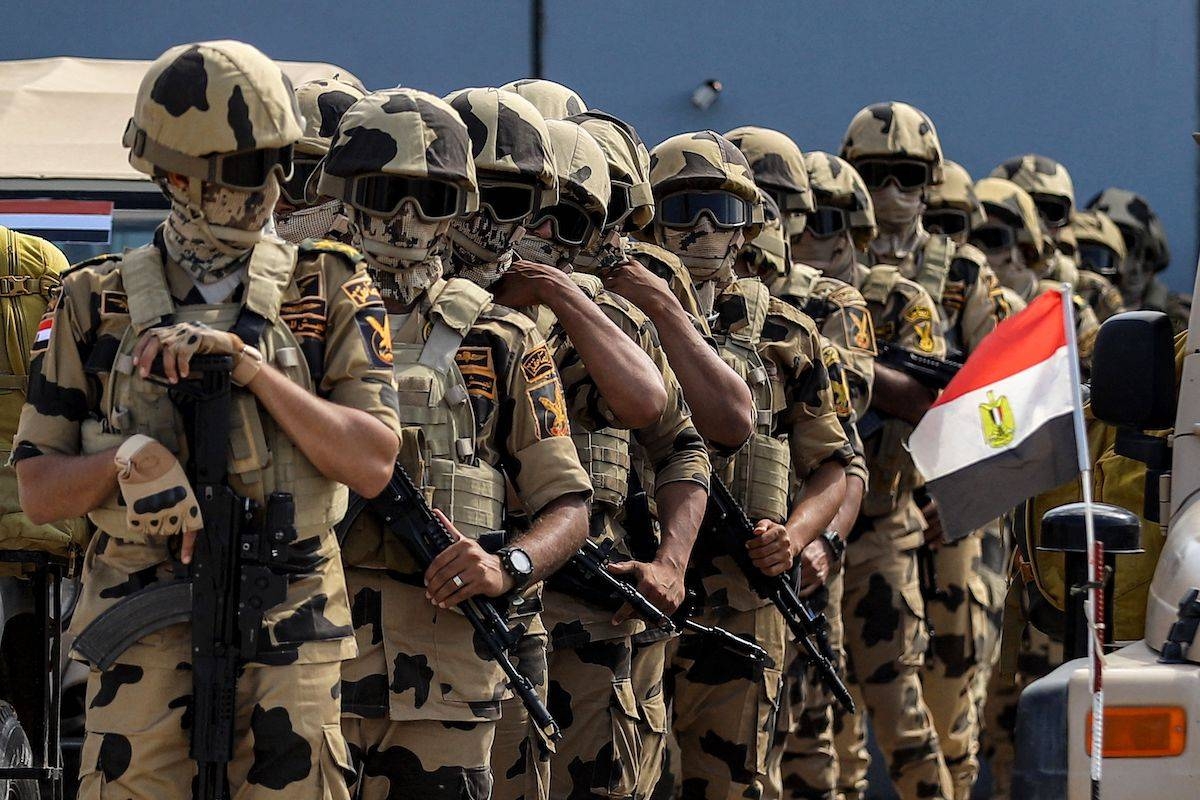The protracted conflicts in Gaza and the Red Sea have become a focal point of international concern, highlighting the urgent need for comprehensive and sustainable solutions. Amidst diplomatic efforts that have yet to yield significant results, the idea of establishing a peacekeeping force under the banner of the Organization of Islamic Cooperation (OIC) has emerged as a worthy option for consideration. However, realizing this idea is not without its challenges and requires a thorough examination of its potential advantages and disadvantages.
The urgency of establishing an OIC peacekeeping force in Gaza and the Red Sea is rooted in several critical factors. Firstly, the ongoing escalation of conflict has led to a severe humanitarian crisis, with widespread casualties and infrastructure damage. The presence of an OIC peacekeeping force is expected to create a secure environment for the delivery of humanitarian aid and protect civilians from further violence.
Secondly, the involvement of the OIC as an organization representing the collective voice of Muslim nations can provide strong legitimacy and political support for peace efforts. An OIC peacekeeping force can serve as a symbol of Islamic solidarity with the suffering of the Palestinian people and efforts to maintain stability in the strategic Red Sea region.
Thirdly, an OIC peacekeeping force can play a vital role in facilitating dialogue and negotiation between the conflicting parties. With its neutrality and credibility, the OIC force can act as an effective mediator in finding a just and sustainable peaceful resolution.
However, the idea of establishing an OIC peacekeeping force also carries potential disadvantages and challenges that need careful consideration. Firstly, the success of a peacekeeping force heavily relies on the support and cooperation of all parties involved in the conflict. Without a ceasefire agreement and a commitment to ending violence, the OIC force will face high risks, and its effectiveness will be limited.
Secondly, funding and logistics are crucial aspects that need to be ensured. Peacekeeping operations require substantial resources, including personnel, equipment, and sustainable financial support. The OIC needs to have a clear and effective mechanism for collecting and managing these resources.
Thirdly, the neutrality and impartiality of the OIC peacekeeping force will be key to the mission's success. The OIC force must be able to act professionally and without bias towards any of the conflicting parties. This necessitates the selection of qualified personnel with high ethical standards.
Fourthly, the potential resistance from external parties with vested interests in the region also needs to be considered. Some countries or non-state actors may feel threatened by the presence of an OIC peacekeeping force and attempt to undermine its efforts.
In the context of Gaza, the establishment of an OIC peacekeeping force can help create a buffer zone between Israel and Palestine, monitor the implementation of ceasefires, and protect civilians from attacks. The OIC force can also play a role in facilitating the reconstruction of Gaza and assisting in rebuilding infrastructure destroyed by the conflict.
Meanwhile, in the Red Sea, the presence of an OIC peacekeeping force can help maintain the security of international shipping lanes and protect vessels from attacks by militant groups. The OIC force can also collaborate with countries in the region to combat terrorism and other illegal activities.
The idea of establishing an OIC peacekeeping force in Gaza and the Red Sea is a bold and innovative step. However, its success hinges on the commitment and cooperation of all relevant parties. The OIC needs to conduct a thorough assessment of the potential advantages and disadvantages and devise a well-thought-out strategy to address potential challenges.
Furthermore, support from the international community is also crucial. UN member states and other international organizations need to provide political and financial support for the OIC's peace efforts. With solid cooperation and strong commitment, an OIC peacekeeping force can become a positive force for peace and stability in Gaza and the Red Sea.

